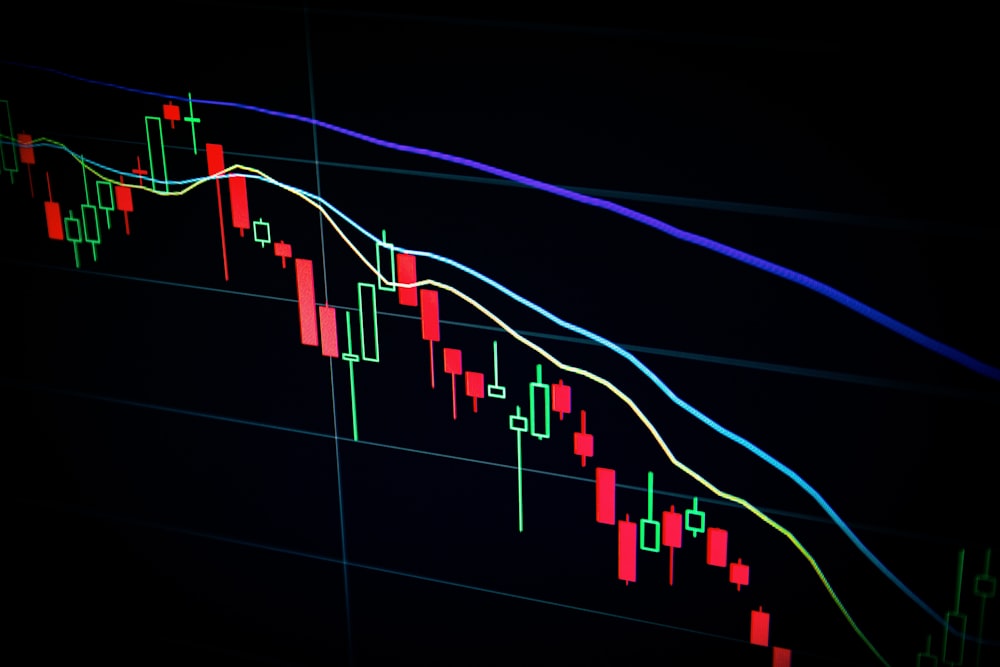Currently, a 25% tariff applies to products imported from China, which has already impacted the price and availability of mining hardware. According to a study from the University of Cambridge, Bitmain holds a staggering 82% market share in Bitcoin ASIC production, while MicroBT and Canaan contribute 15% and 2%, respectively, making these firms critical players in the ecosystem.
The study highlights that the market for digital mining hardware is heavily concentrated, often described as oligopolistic. This shift in production comes as a reaction not just to tariffs but also the overall demand in the US for Bitcoin mining equipment. Jaran Mellerud, CEO of Hashlabs Mining, voiced a potential consequence of the tariffs, suggesting they might reduce demand for mining rigs in the US while benefiting competitors outside the country.
With the US Bitcoin sector thriving, the decision to move production stateside could help mitigate some economic pressures while ensuring that manufacturers continue to cater to local miners. Still, the key question remains whether the cost of producing ASICs in the US will be competitive with prices from China. As the industry watches closely, the implications of this shift may also affect the broader cryptocurrency market.


